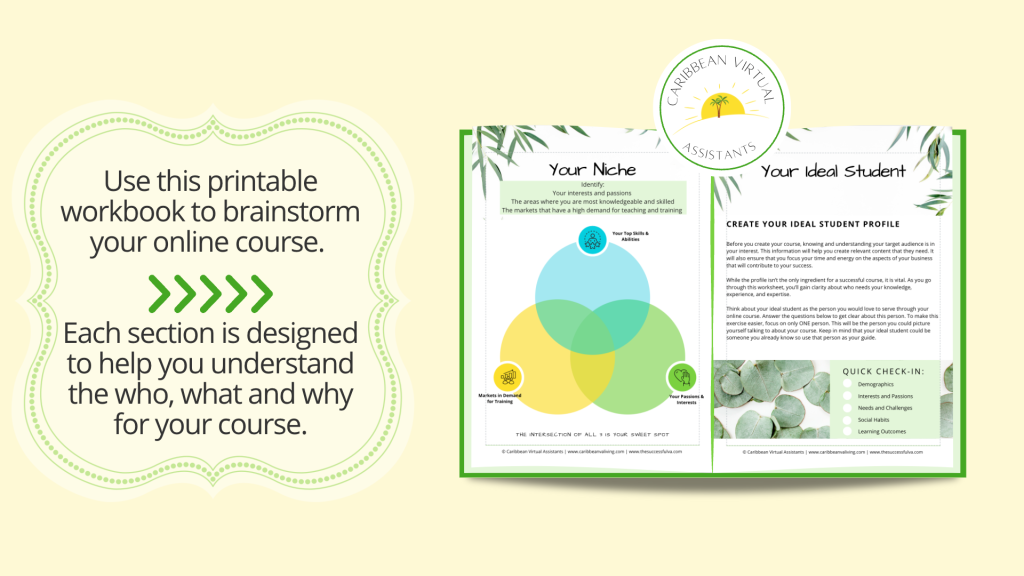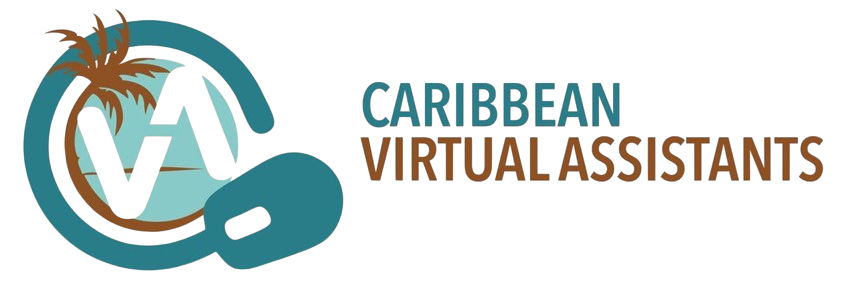In our first article in this series, we introduced you to Stacy, a Business Coach. Stacy now knows the benefits of creating online courses so she is excited to start creating her first course. This course is going to increase her business visibility and provide her with a form of passive income. But, Stacy’s excitement quickly changed to panic as she sat in front of her computer staring at a blank screen. She needs to choose a course topic but she’s not sure how. So, Stacy decided to reach out to her mentor again for guidance.
Stacy’s mentor took the time to ask her some key questions that would point her in the right direction.
Before she can create her course, Stacy needed to take four important steps:
- Identify your area of expertise
- Identify your ideal student
- Research your topic for relevance
- Find out what your audience thinks about your course topic
Let’s examine these four steps in more detail.
Step 1: Identify your area of expertise
Before you choose a course topic, you should identify your area of expertise. This exercise helps you determine what you are good at or passionate about. Then, you could determine how to use that skill to solve a potential student’s problem. Identifying your area of expertise can be achieved by asking yourself a few simple questions.
- What am I good at?
- What am I passionate about?
- What problems am I trying to solve?
- What do I already know as a business owner that could help others like me?
Step 2. Identify your ideal student
Who do you want to help? Is it wellness coaches, authors, new business owners, parents?
Determine who your course is intended for and what their needs, interests, and concerns are. Critical to the success of any business is identifying your ideal student, so creating an avatar will provide you with a clear picture of who will benefit from your course.
Here are some prompts for creating your ideal student avatar:
- What are their demographics? For e.g., age, gender, career, location
- What do they need?
- What are their challenges?
- What are their pain points?
- What are their fears?
- What are their values?
- Where do they access information? For example, Facebook, Instagram, LinkedIn
- Where do they socialize (online and in person)?
The answers to these questions will help you choose a course topic that is relevant and engaging for your audience. They will also help you to highlight the benefits and the value your course can offer them.
Step 3. Research your course topic
Conduct research on your topic to determine what information and resources are available. This will help you ensure that your course is informative, accurate, and up-to-date. Here are some questions that can help you determine if your course topic is in demand.
- What courses are currently being offered on the topic?
- What do they cost?
- Who are my competitors?
- What are their students saying about their course? (Hint: check for testimonials and reviews)
- How big is the market for this course topic?
- How can I differentiate my course from existing ones?
Step 4. Find out what your audience thinks about your course topic
Let’s say that the course topic you have in mind is How to Run a Small Business. You research it and realise that there are ten courses already available on the market. What do you do?
Do you give up? No!
You can find out what your ideal student needs by using these methods:
- Research what they are buying – do they relate to operating a small business?
- Use social listening – What are they asking or sharing in social media groups or at networking events?
- Ask them – Conduct a survey or poll to your social media followers or mailing list to gauge their interest
When you gather sufficient information, you could tailor your course topic around your research. For instance, your ideal student may already have a small business and want to increase their customer base. With so many marketing options available, your ideal student is confused and doesn’t know which one is most suitable for his/her business. Now that you have a clearer understanding of your ideal student’s needs, your new course topic can be Marketing 101 for Small Business Owners.
Final Thoughts
With these steps, Stacy is more comfortable choosing a course topic. Just like Stacy, you will need to identify your area of expertise, identify your ideal student and research your course topic to ensure that it is of relevance. Once you have this information, you can develop a business strategy to select a course topic that is beneficial to both you and your target audience.
Need help breaking this down some more?
Get our free Brainstorm Your Online Course workbook.
Let’s help you decide what your audience needs and how to deliver it to them.

